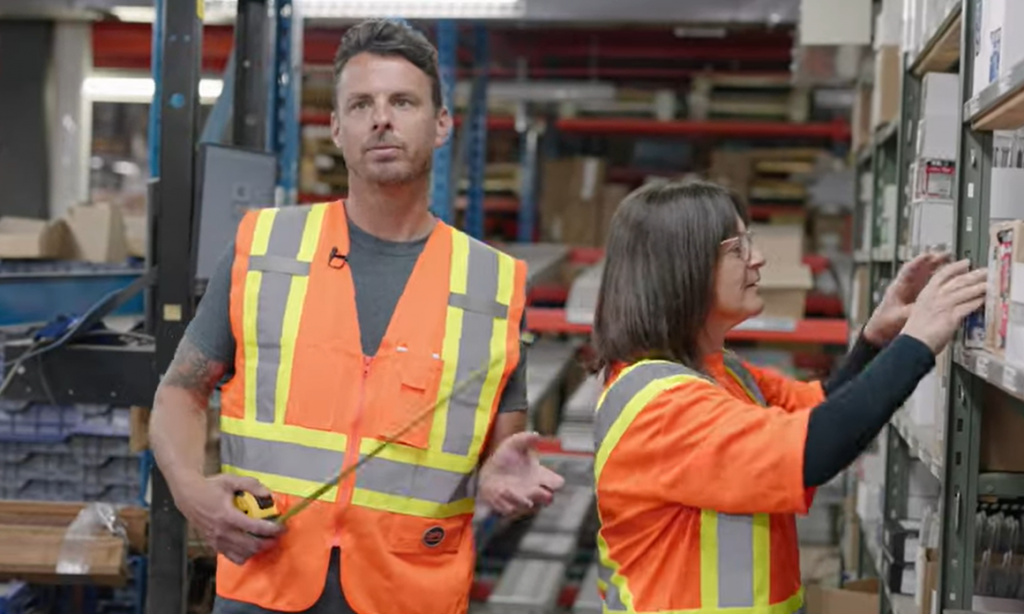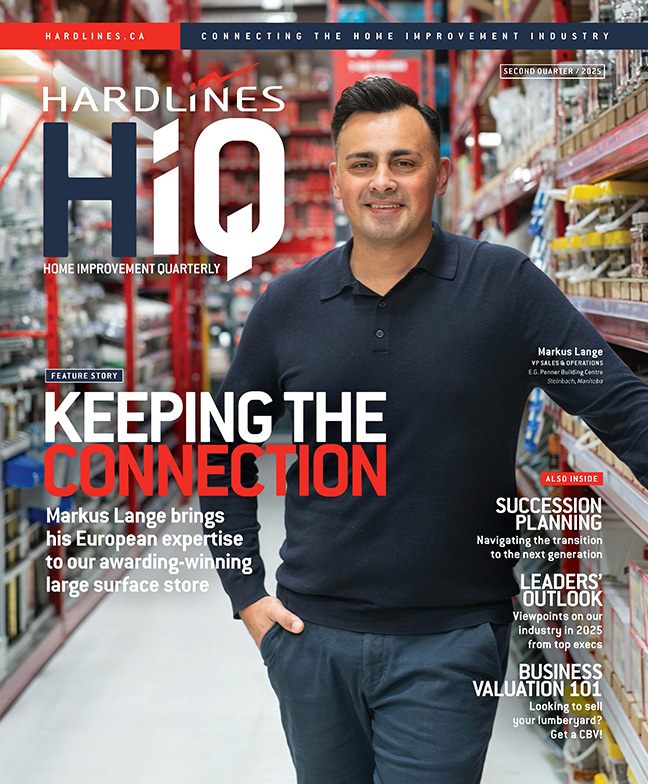 While Canadians watch the performance of The Bay to find out whether a traditional department store—and the country’s oldest retailer—can survive COVID, or even the changing tastes of consumers, a similar drama is playing out with another chain.
While Canadians watch the performance of The Bay to find out whether a traditional department store—and the country’s oldest retailer—can survive COVID, or even the changing tastes of consumers, a similar drama is playing out with another chain.
Kohl’s has 1,100 stores in the U.S. and though they’re smaller than a traditional department store and boast that they’re more convenient, they carry a similar mix of products.
Michelle Gass, the CEO of Kohl’s, was interviewed recently by the New York Times. While her company faces countless changes as it looks to re-invent its bricks-and-mortar reality, one of the key learnings she spoke about in her career path to this role was from her previous employer, Starbucks. And that was the importance of culture. Starbucks, she said, was able to build a strong culture over time, and the power of that culture made a lasting impression on her.
Culture maps out the social order of an organization. If defines and shapes the attitudes and values of its employees. Culture represents a body of shared values, which must extend from the executive offices right down to the front-line workers. Finding individuals whose personal values align with your corporate culture is essential to building a good team.
A strong culture is typically driven from the top down, but it must be responsive to the needs and the skill sets of staff on the front lines. A good culture has its roots in the founding principles of a company, while being able to embrace the need for change in a disrupted world.
It is also a guideline for good leadership. A study in the Harvard Business Review, entitled “The Leader’s Guide to Corporate Culture,” summed it up: “Leading with culture may be among the few sources of sustainable competitive advantage left to companies today. Successful leaders will stop regarding culture with frustration and instead use it as a fundamental management tool.”

 Sarah McVanel is the founder of
Sarah McVanel is the founder of  By HR and health & safety consultancy Peninsula Canada
By HR and health & safety consultancy Peninsula Canada In a bid to stem the post-pandemic labour shortage, employers are offering a variety of incentives to potential workers. That can mean flexible hours, higher wages, or even signing bonuses.
In a bid to stem the post-pandemic labour shortage, employers are offering a variety of incentives to potential workers. That can mean flexible hours, higher wages, or even signing bonuses. Martina Pileggi is a director of human resources for the Hillman Group Canada, a fastener producer for the hardware, automotive, plumbing, and electrical markets.
Martina Pileggi is a director of human resources for the Hillman Group Canada, a fastener producer for the hardware, automotive, plumbing, and electrical markets.  By HR and health & safety consultancy Peninsula Canada
By HR and health & safety consultancy Peninsula Canada Even with 21 stores and strong brand recognition, Patrick Morin, a chain of 21 Stores in Quebec, has had its share of difficulty trying to recruit people. And if getting them to work in the stores isn’t challenging enough, finding people to work in a warehouse that’s not centrally located—for the evening shift—was even tougher.
Even with 21 stores and strong brand recognition, Patrick Morin, a chain of 21 Stores in Quebec, has had its share of difficulty trying to recruit people. And if getting them to work in the stores isn’t challenging enough, finding people to work in a warehouse that’s not centrally located—for the evening shift—was even tougher.


